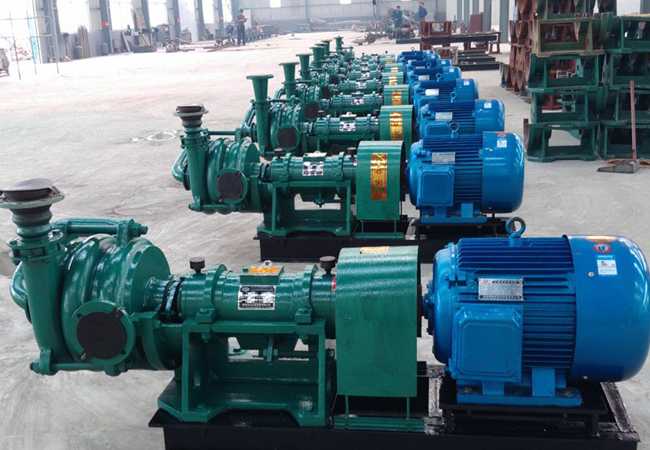English
- Afrikaans
- Albanian
- Amharic
- Arabic
- Armenian
- Azerbaijani
- Basque
- Belarusian
- Bengali
- Bosnian
- Bulgarian
- Catalan
- Cebuano
- Corsican
- Croatian
- Czech
- Danish
- Dutch
- English
- Esperanto
- Estonian
- Finnish
- French
- Frisian
- Galician
- Georgian
- German
- Greek
- Gujarati
- Haitian Creole
- hausa
- hawaiian
- Hebrew
- Hindi
- Miao
- Hungarian
- Icelandic
- igbo
- Indonesian
- irish
- Italian
- Japanese
- Javanese
- Kannada
- kazakh
- Khmer
- Rwandese
- Korean
- Kurdish
- Kyrgyz
- Lao
- Latin
- Latvian
- Lithuanian
- Luxembourgish
- Macedonian
- Malgashi
- Malay
- Malayalam
- Maltese
- Maori
- Marathi
- Mongolian
- Myanmar
- Nepali
- Norwegian
- Norwegian
- Occitan
- Pashto
- Persian
- Polish
- Portuguese
- Punjabi
- Romanian
- Russian
- Samoan
- Scottish Gaelic
- Serbian
- Sesotho
- Shona
- Sindhi
- Sinhala
- Slovak
- Slovenian
- Somali
- Spanish
- Sundanese
- Swahili
- Swedish
- Tagalog
- Tajik
- Tamil
- Tatar
- Telugu
- Thai
- Turkish
- Turkmen
- Ukrainian
- Urdu
- Uighur
- Uzbek
- Vietnamese
- Welsh
- Bantu
- Yiddish
- Yoruba
- Zulu
Telephone: +86 13120555503
Email: frank@cypump.com
Nov . 01, 2024 00:31 Back to list
Optimizing Performance of Pipeline Pumps for Enhanced Efficiency and Reliability
Understanding Satisfactory Pipeline Pumps Ensuring Efficiency and Reliability
In the world of fluid transportation, the importance of pipeline pumps cannot be overstated
. These pumps are vital for moving liquids and slurries efficiently through a network of pipes, particularly in industries such as oil and gas, water treatment, and chemical processing. The concept of satisfactory pipeline pumps refers to pumps that not only meet the technical demands of their application but also deliver performance and reliability over time.One of the key factors in determining whether a pipeline pump is satisfactory is its efficiency. Efficient pumps not only reduce operational costs by consuming less energy but also minimize maintenance requirements. They are designed to handle the specific flow rates and pressures required for particular applications while ensuring that the entire system operates smoothly. Pump efficiency is often measured by its hydraulic efficiency, which is the ratio of the useful hydraulic energy delivered by the pump to the energy supplied to the pump.
Reliability is another crucial aspect of satisfactory pipeline pumps. A reliable pump is one that can operate consistently without frequent breakdowns or performance issues. This reliability is often achieved through robust engineering, quality materials, and adherence to industry standards. Manufacturers invest in rigorous testing and quality control processes to ensure their pumps can withstand the harsh conditions they may encounter in the field, such as varying temperatures, corrosive fluids, and high-pressure environments.
satisfactory pipeline pump

Maintenance is a significant consideration for operators of pipeline systems. Satisfactory pipeline pumps are designed with features that facilitate easy maintenance and repairs. This may include easy access to critical components, modular designs that allow for quick replacements, and advanced monitoring systems that provide real-time data on pump performance. With regular maintenance, operators can extend the lifespan of their pumps, ensuring that they continue to function effectively and efficiently.
Additionally, the rise of smart technology in pump systems has transformed the landscape of pipeline pumping. Many modern pumps are equipped with IoT (Internet of Things) capabilities, allowing for remote monitoring and diagnostics. This technology not only enhances performance but also provides operators with valuable insights into pump behavior, enabling proactive maintenance and minimizing unexpected downtime.
In conclusion, satisfactory pipeline pumps play a pivotal role in ensuring the efficient and reliable transport of fluids across various industries. By focusing on efficiency, reliability, and ease of maintenance, operators can ensure that their pumping systems operate optimally. As technology continues to evolve, the future of pipeline pumping looks promising, with innovations that will further enhance the performance and sustainability of these critical systems. Investing in high-quality, satisfactory pumps not only improves operational performance but also contributes to a more sustainable and cost-effective fluid transport solution.
-
ISG Series Vertical Pipeline Pump - Chi Yuan Pumps Co., LTD.|Advanced Hydraulic Design&Energy-Efficient Solutions
NewsJul.30,2025
-
ISG Series Vertical Pipeline Pump - Chi Yuan Pumps Co., LTD.
NewsJul.30,2025
-
ISG Series Vertical Pipeline Pump - Chi Yuan Pumps Co., LTD.|energy-efficient fluid handling&industrial durability
NewsJul.30,2025
-
ISG Series Vertical Pipeline Pump - Chi Yuan Pumps | Advanced Engineering&Industrial Efficiency
NewsJul.30,2025
-
ISG Series Pipeline Pump - Chi Yuan Pumps | High Efficiency, Energy Saving
NewsJul.30,2025
-
ISG Series Vertical Pipeline Pump-Chi Yuan Pumps|High Efficiency&Reliable Performance
NewsJul.29,2025










